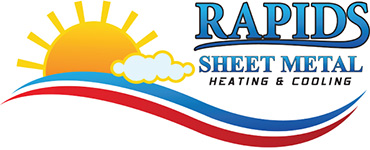Many people only think they need air conditioning repair when their system breaks down. However, the fact is your air conditioner will often show signs of trouble before a total breakdown that results in new AC installation. Recognizing the symptoms and calling the experts at Rapids Sheet Metal Works Inc to fix issues early can help you avoid the hassle and expense of a full AC system breakdown. More important, it can prevent the discomfort of having your AC break down when it’s scorching hot outside.
When you call us, our team of certified HVAC technicians will pinpoint what’s wrong, resolve the issue and restore your comfort fast. We have years of experience and provide top-tier, cost-effective AC service for area residents.
Why hold off until your cooling system breaks down? Skip all that hassle by calling 715-301-0256 today to schedule AC repair in Wisconsin Rapids, WI, from Rapids Sheet Metal Works Inc.
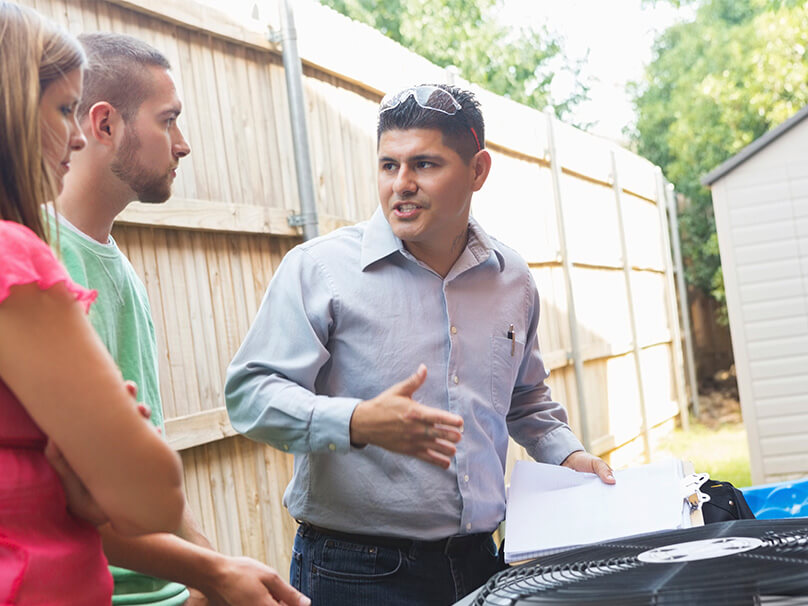
Warnings Signs You Need AC Repair
Wondering if your air conditioner requires service? From unusual smells to a lack of cool air coming from the vents, there are many indicators that your cooling system has is malfunctioning and needs evaluation or repair.
Here are some red flags that trouble may be on the way and it’s time to call an HVAC technician from Rapids Sheet Metal Works Inc:
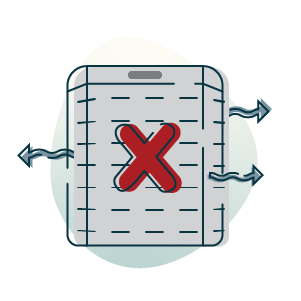
AC blows warm air instead of cold
If heated air is coming from your AC unit instead of cool air, or if the air isn’t as cold as you’d like, it’s a wise decision to call us for professional cooling service.
AC frequently turns on and off
If your AC system starts and stops instead of maintaining steady operation, it could be a warning of potential issues and should be evaluated by one of our certified HVAC technicians.
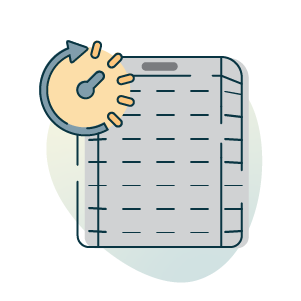
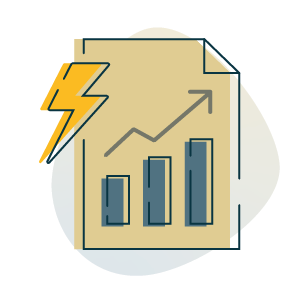
Monthly utility bills spike for seemingly no reason
A sharp increase in your energy usage can be a sign your AC unit is not running efficiently, which means it uses more energy to cool your home and needs AC maintenance or repair.
Strange odors are coming from your air conditioning
Air conditioners shouldn’t produce odors. Unusual odors coming from your AC unit should be evaluated by a professional, as they can be a red flag for issues like mold, mildew or even electrical issues.
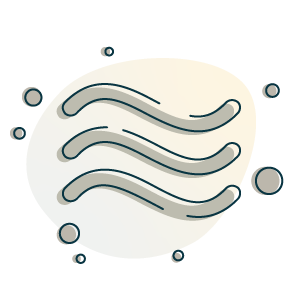
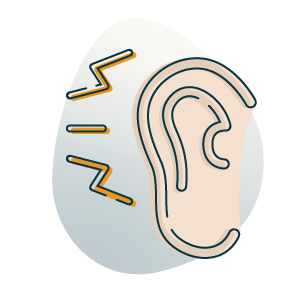
AC starts making noises
If you hear odd noises when your AC system is running — thumping, rattling or high-pitched whining, to name just a few — it’s important to call for professional HVAC service to find out what’s wrong.
Request Pro Air Conditioner Repair Now
When you require air conditioning service quickly, contact the HVAC repair experts at Rapids Sheet Metal Works Inc at 715-301-0256. We’ll quickly identify the problem when your equipment won’t work or provide enough chilled air.
